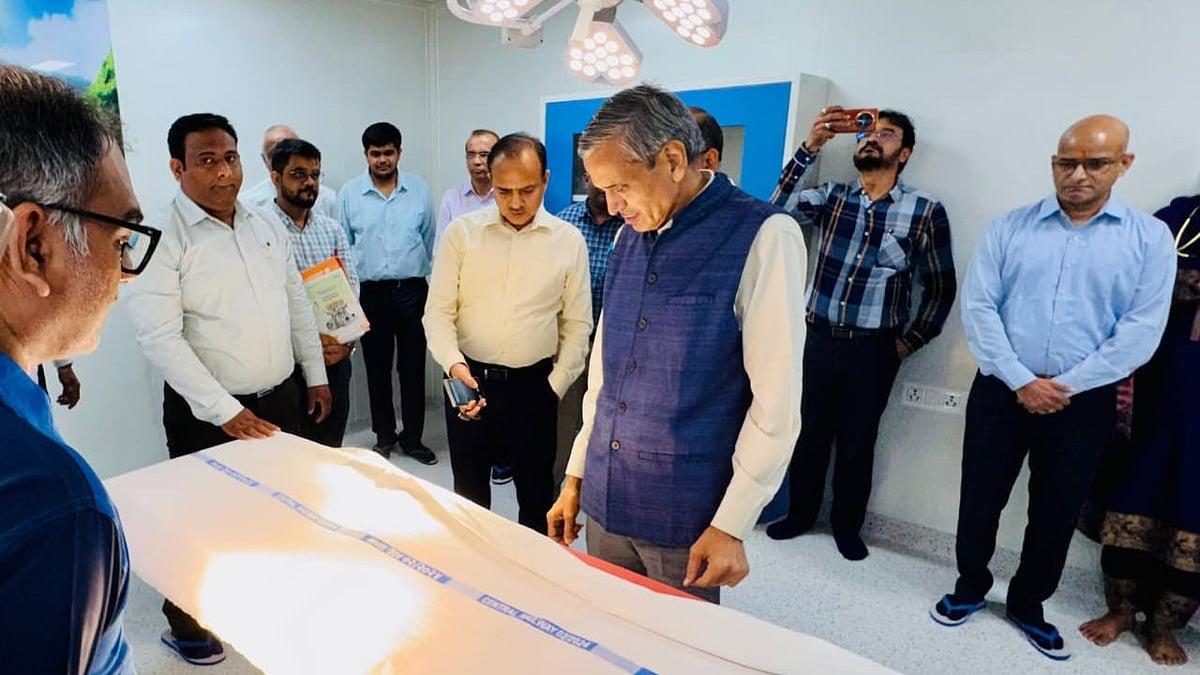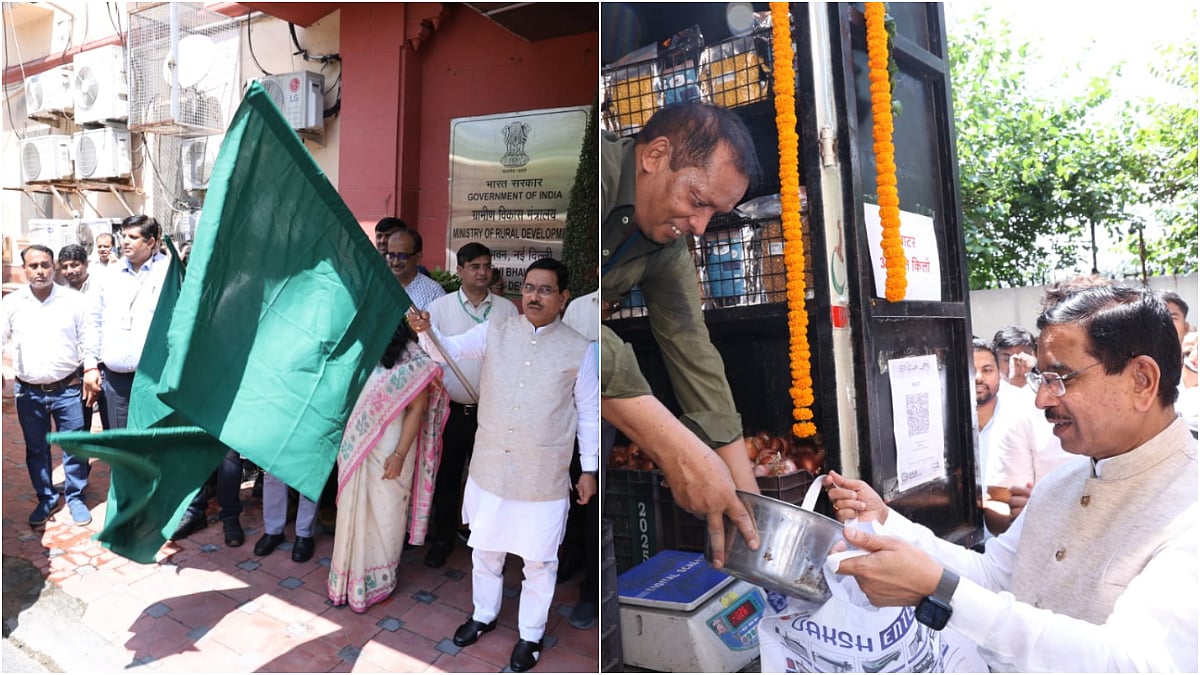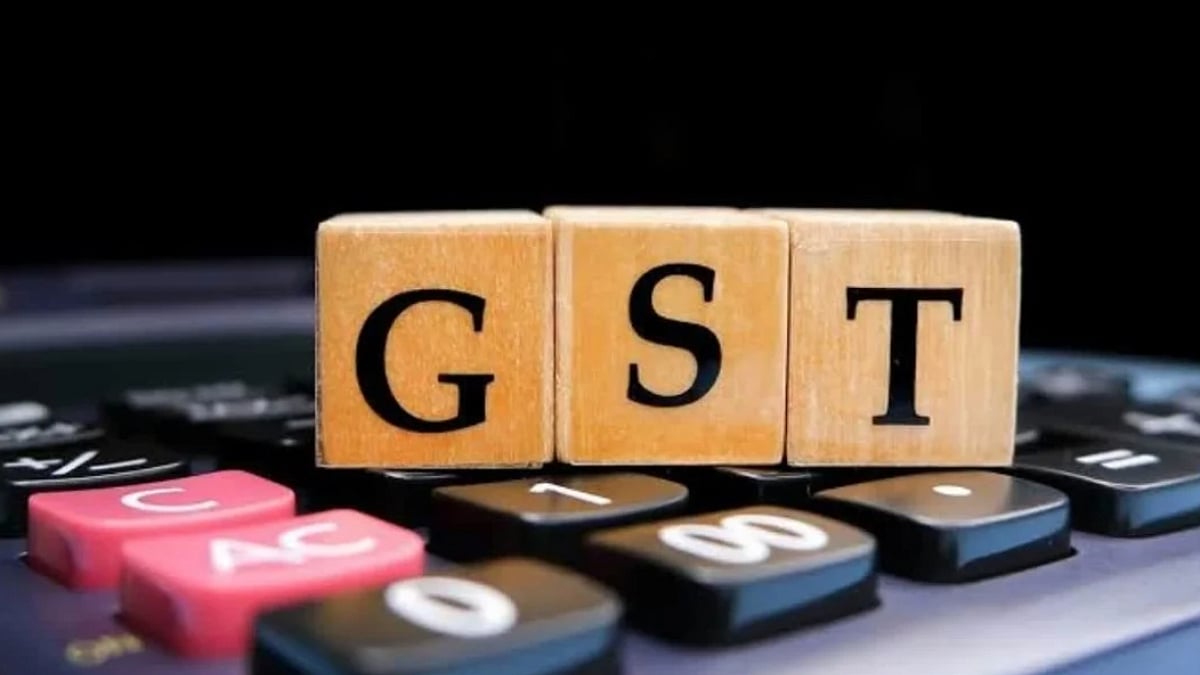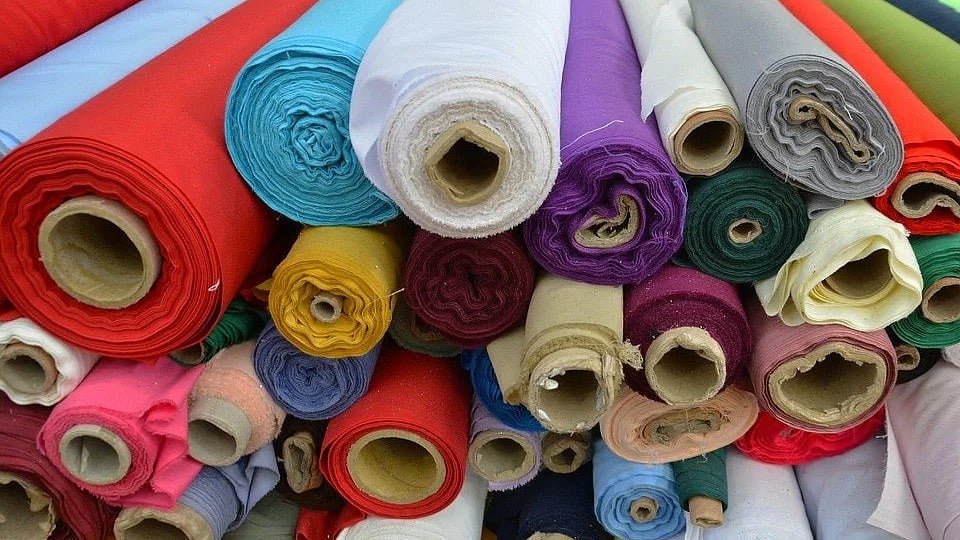The recent fiasco concerning Nestle's Cerelac and MDH and Everest's masala mayhem has put the spotlight on the safety of the food that we consume.
In the most recent example of major corporations selling fundamentally unsafe food or culinary items to their customers would be that of Swiss giant, Nestle's baby food product Cerelac, which according to reports, consisted of dire and unhealthy amounts of sugar in it. Then emerged, concerns regarding contents of masala produced by two of the biggest companies in the country, Everest and MDH.

The alarm was first signaled by Singaporean authorities, who claimed that the constituent material consisted of carcinogenic substances.
This, at least in the case of Nestle, who have been embroiled in similar controversies, vis-a-vis Maggi's lead content has raised question of how international companies allegedly sell inferior products in the Indian market. Which is an open secret, across the board, in the FMCG aren.
Another question is regarding the purported inefficiency of regulatory authorities like FSSAI in India and the FDA in the US.
Inferior Products For India?
On one hand many have pointed out the disparity of the quality of products, that are sold in the sub-continent. Popular internet influencer, Revant Himatsingka also known as the “Food Pharmer” enumerated his understanding on the matter with instances of distinction in making is evident and tangible.

In one of the videos, Himatsingka points the startling difference in composition of some of the products. According to him, this is not just limited to Nestle, as he wrote on his X account, saying, "Classic Salted Lays uses Palm oil in India, but the same classic salted lays doesn't use palm oil in the US!"
Underscoring the discriminatory making, he further referred to other brands, including Kit-Kat (also owned by Nestle), he said, "Kit-Kat uses 16.2 per cent milk and 4.5 per cent cocoa in India, but uses 25 per cent milk and 22 per cent cocoa in Australia for the same product."
Are Authorities Failing The Public?
While, this is a matter of great concern, on the other hand, it is also about the role of Food and Drug regulatory authorities, who only appears to be in the scene, to extinguish the fire, rather than rooting out the fundamental causes. Even in the US, there have been multiple instances of the FDA failing to either get the products off the shelf or allowing companies to either exploit the loopholes and other juridical limitations in their advantage.
According to another X user, who is a doctor himself, now the European Union has found cancer causing substance, in as many as 527 Indian products, reaching its shore.
Dr. Sudipto says, "EU, HK and Singapore have either banned the products or returned the consignments from their borders. But the more important question here is: as primary consumers of the produce, that too in bulk, are we being taken for a ride? What’s the quantum of health risk to us, and are our regulatory bodies any good?"

An X user raising concern. |
In some cases, many medicinal products in the US, enter the market, without FDA approval, with a 'cleared' certificate. In the most recent example of all, FDA's approval Elon Musk's Neuralink was questioned by the ruling party (Democratic Party) lawmaker, as he accused the company of skipping major steps and the FDA of not thoroughly scrutinizing the test results of Neuralink, despite reported issues.
All these issues fuel to the public perception of major FMCG and Pharma companies lobbying their way in the vestibule of power, compromising public safety and product quality for profit.











